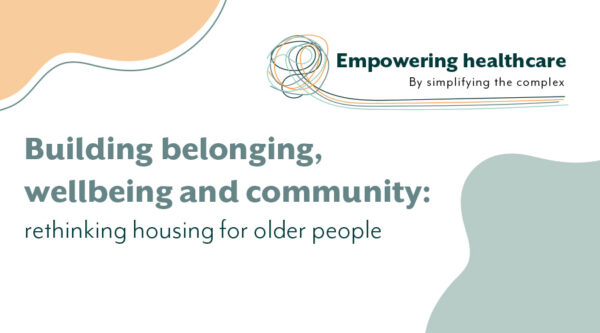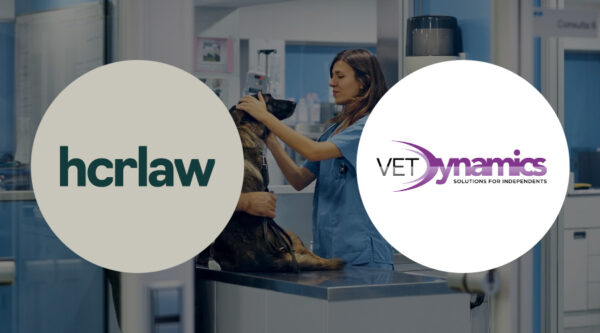
How to respond to General Dental Council complaints: essential steps for dentists and DCP
3 September 2025

Every dentist and dental care professional (DCP) dreads receiving a letter from the General Dental Council (GDC) beginning with the words: “we have received information we need to look into…”
This Notification Letter is usually the beginning of a long, drawn-out fitness to practise (FTP) investigation that can potentially have serious ramifications for your career.
So, what should you do – or not do – if you receive a Notification Letter from the GDC?
Responding to a fitness to practise complaint
Without a doubt, the first thing you should do is contact your insurer or indemnifier and inform them of the GDC FTP investigation. At this point, your insurer or indemnifier will confirm whether they can and will assist you and if so, advice will be provided accordingly.
If they’re not able to provide advice, you can always seek legal assistance from law firms or respond to the GDC yourself, depending on your personal circumstances.
If, for whatever reason, you are representing yourself, you should be aware of the following:
- On receiving the Notification Letter, the GDC will ask for confirmation of your employer(s) details, proof of indemnity and, where relevant, patient records within a stipulated deadline. Always ensure you meet this deadline and provide the GDC with the relevant information. While the GDC may permit an extension, this will be discretionary, so meeting this initial deadline is key – you should always try to ‘get off on the right foot’ with the GDC.
- Only provide the requested information to the GDC following receipt of a Notification Letter. While the Notification Letter may contain some information regarding the concern received, it’s likely to be scant in detail and could just include a line to the effect of: “we have received a concern from Mr Smith.” Owing to the GDC being at the very early stages of its investigation, you could prejudice the case against yourself if you provide further information at this stage.
- Hold back from sharing your views of the GDC, the patient or the concern raised at this initial stage. You should also refrain from contacting the patient concerned, as this could aggravate the situation. Be aware that the GDC can and will raise further allegations against a registrant under investigation should inappropriate or malicious correspondence be sent to them or the patient.
- Inform your employer that a concern has been raised against you before they are formally notified by the GDC. If the matter escalates further and quickly, your employer will be placed on notice. Equally, you may wish to seek a character reference from them in due course and if a dishonesty allegation is raised, they could attest to you being open and honest about the complaint from the outset.
- Where the Notification Letter provides clarity regarding the identification of the patient who has formally complained, you may wish to re-review the original complaint response and seek copies of any complaint correspondence from your employer, where relevant. This will enable you to refamiliarise yourself with the patient’s concerns, what was said at the relevant time and potentially form a basis for remediation.
- Where patient concerns are known, you can start targeted continuous professional development (CPD) responding to the issues raised. Generally, the more relevant CPD that can be completed by a dentist or DCP at the outset, the better. CPD is a good way of demonstrating to the case examiners or an FTP panel that clinical concerns have been remedied in due course.
The steps outlined above are not conclusive but provide a useful steer for unrepresented dentists or DCPs on what actions to take at the outset of an investigation.
These initial actions should lay the foundations for the additional work you need to complete in preparation for providing a response to the case examiners and, if necessary, an FTP panel.










